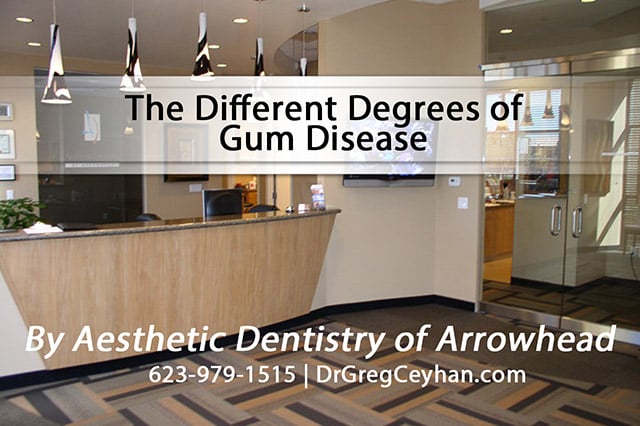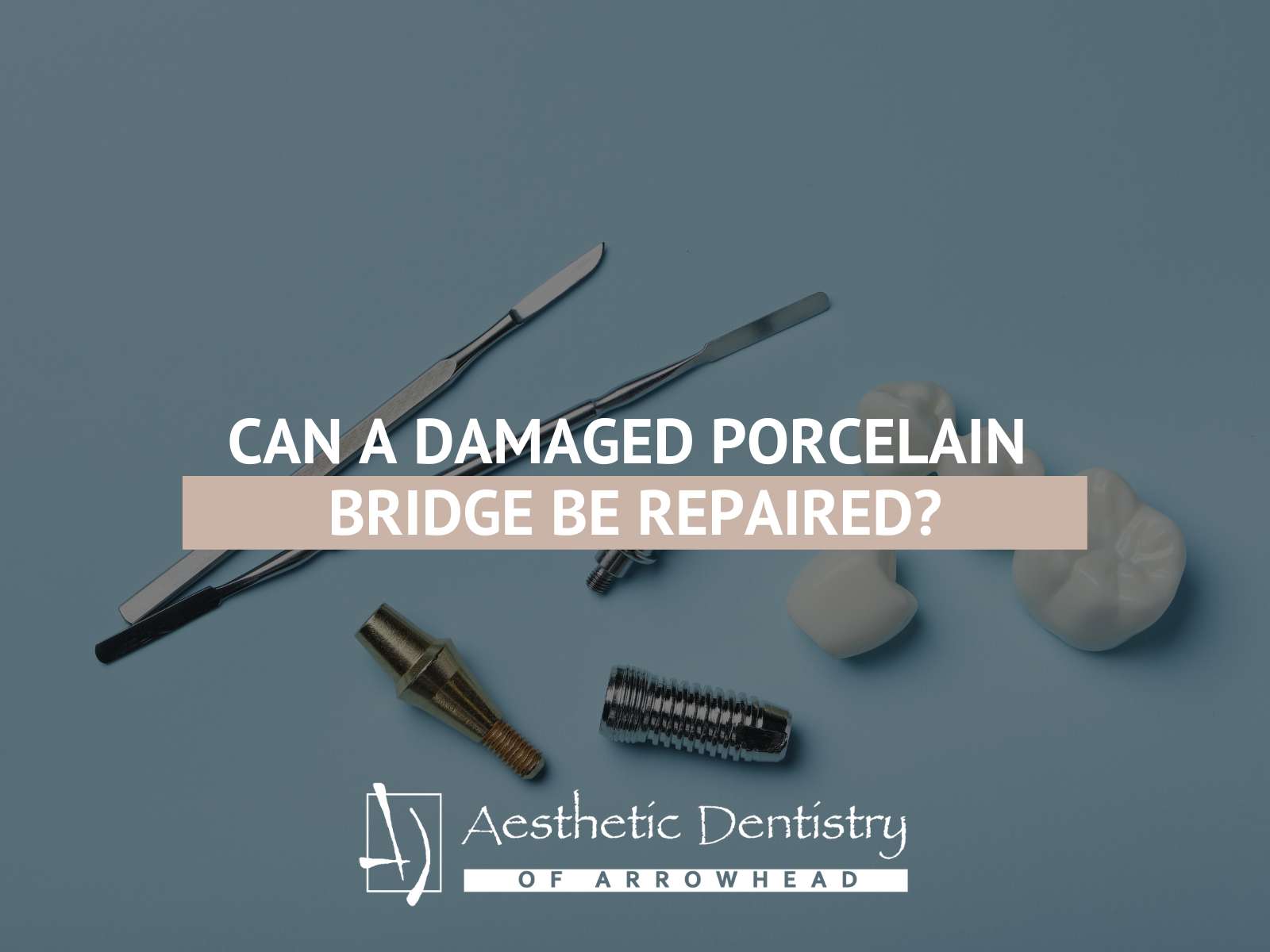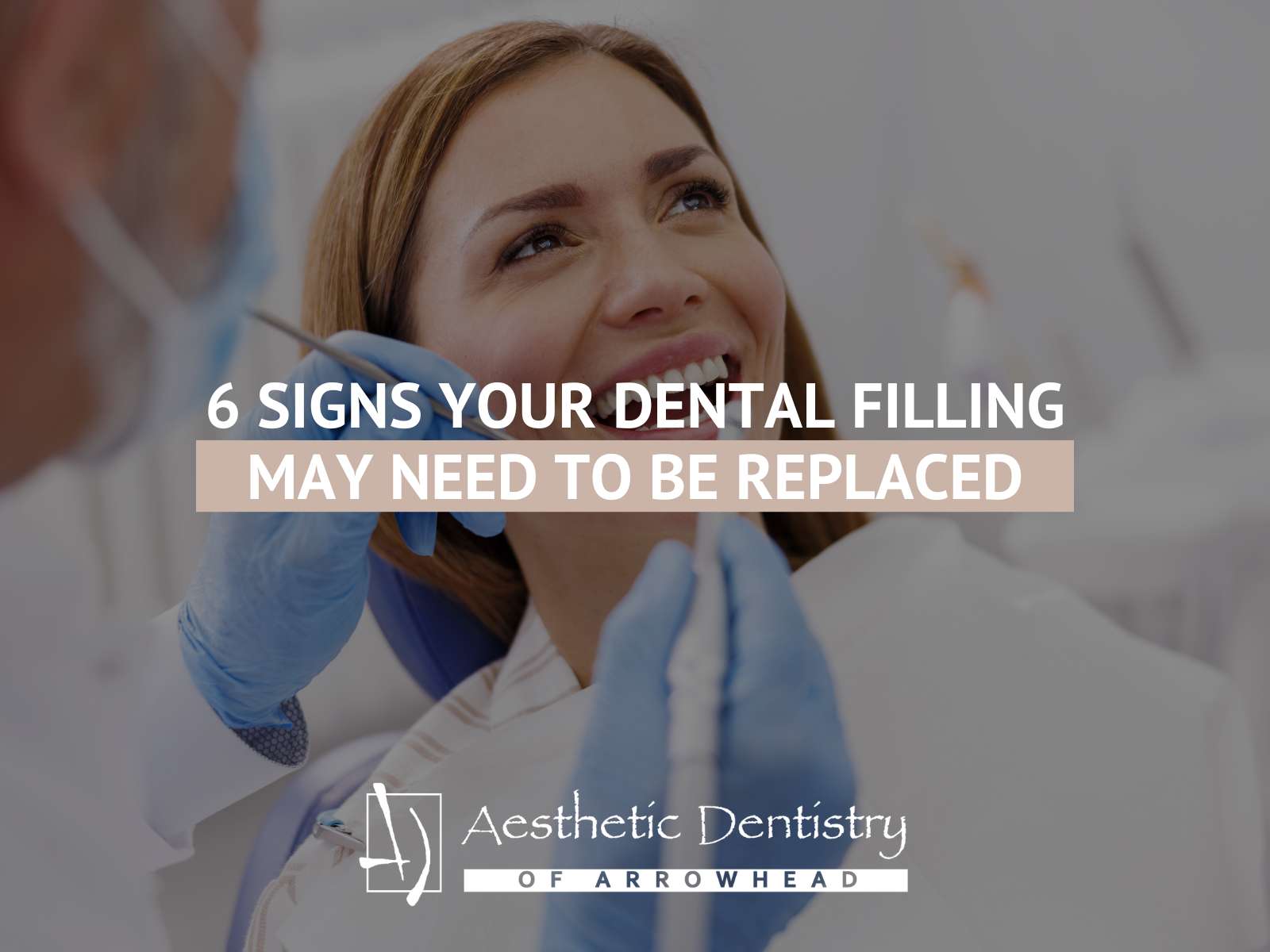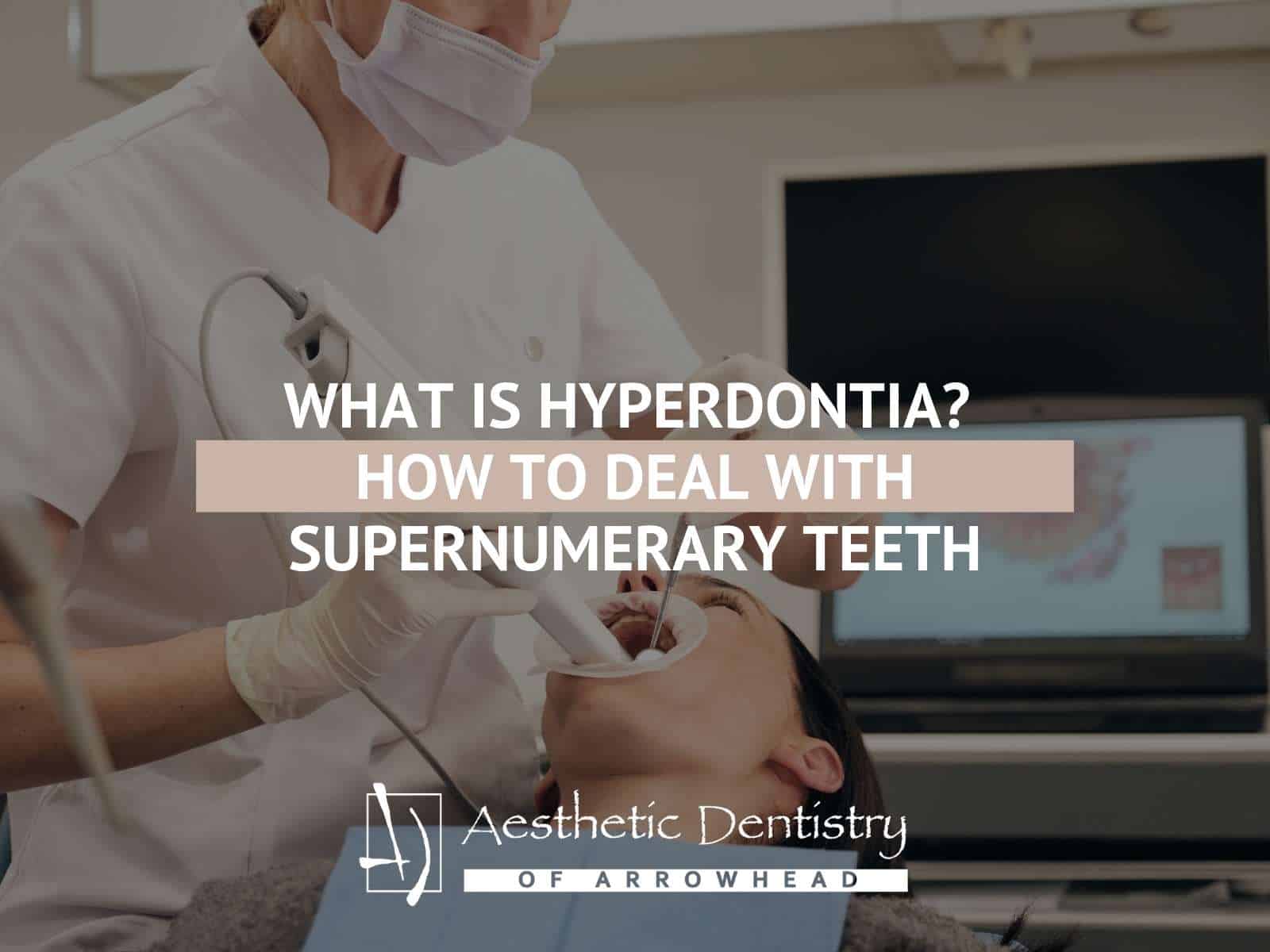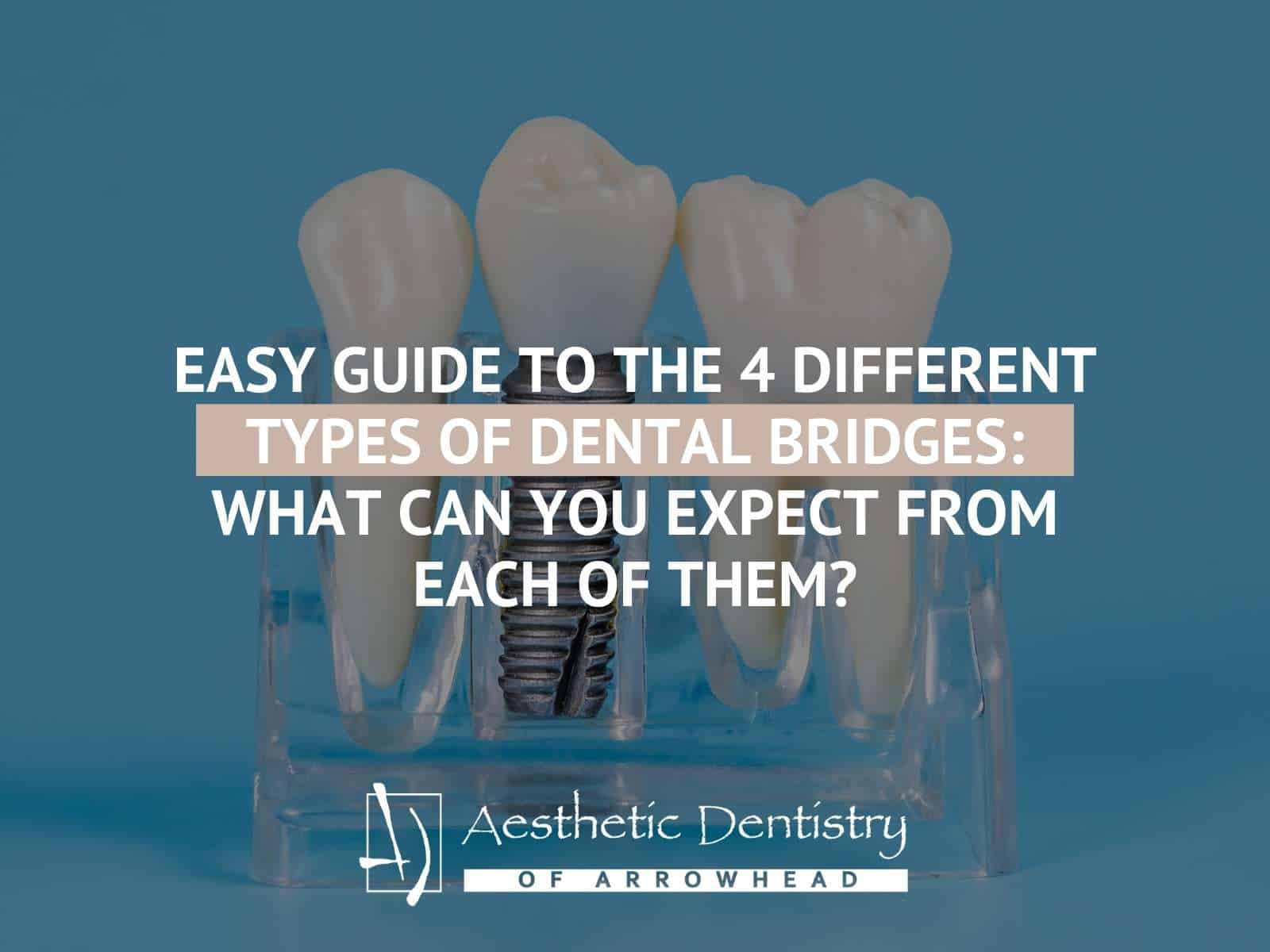Gum Disease – Periodontal Disease
Glendale, Arizona
It is estimated that an average of three out of every four adults have some degree of gum disease, most without realizing it. Gum disease is generally caused by bacterial plaque, infecting and inflaming the gums and the surrounding tissues. This is the number one cause of tooth loss in adults.
How Does Gum Disease Develop?
Bacteria in your mouth feeds off of food and drink you ingest, collecting around your teeth and forming a thin colorless film called plaque. Regular brushing and flossing removes this film, but if left untreated, plaque hardens into tartar. Tartar, also known as calculus, forms at and underneath the gum line as a rough porous mineral buildup that is yellow or brown. Tartar is usually visible to the naked eye and is a common cause of discoloration of the teeth. The bacteria inside of the tartar excrete toxins that create a very acidic environment against your teeth, damaging the tooth enamel, creating cavities, and causing gum inflammation that results in periodontal pockets developing that contain even more bacteria and toxins. If left untreated, this condition can continue deeper into your jaw, loosening teeth or causing them to fall out, and even destroying the bone of your jaw that holds teeth in place.
Regular brushing and flossing is very important in preventing gum disease, and regular trips to the dentist for a professional Glendale dental cleaning can help remove accumulated tartar and treat any existing gum disease.
Signs of Gum Disease Include:
A Health Hazard
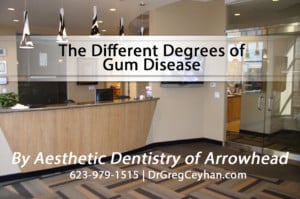
Treatment
The treatment of Glendale gum disease has a whole area of dentistry devoted to it called Periodontics. The early stages can be treated at your biyearly dental cleaning as your dentist scales the teeth to remove tartar and plaque building, and then smooths out the roots. Antibiotics may be packed directly into the gum or prescribed to clear up any infection that has already set in. If you suffer from a more advanced case, your dentist may need to perform oral surgery: removing hardened plaque build-up, disinfecting surrounding tissues, surgically trim the gums, and even recontour damaged bone.

